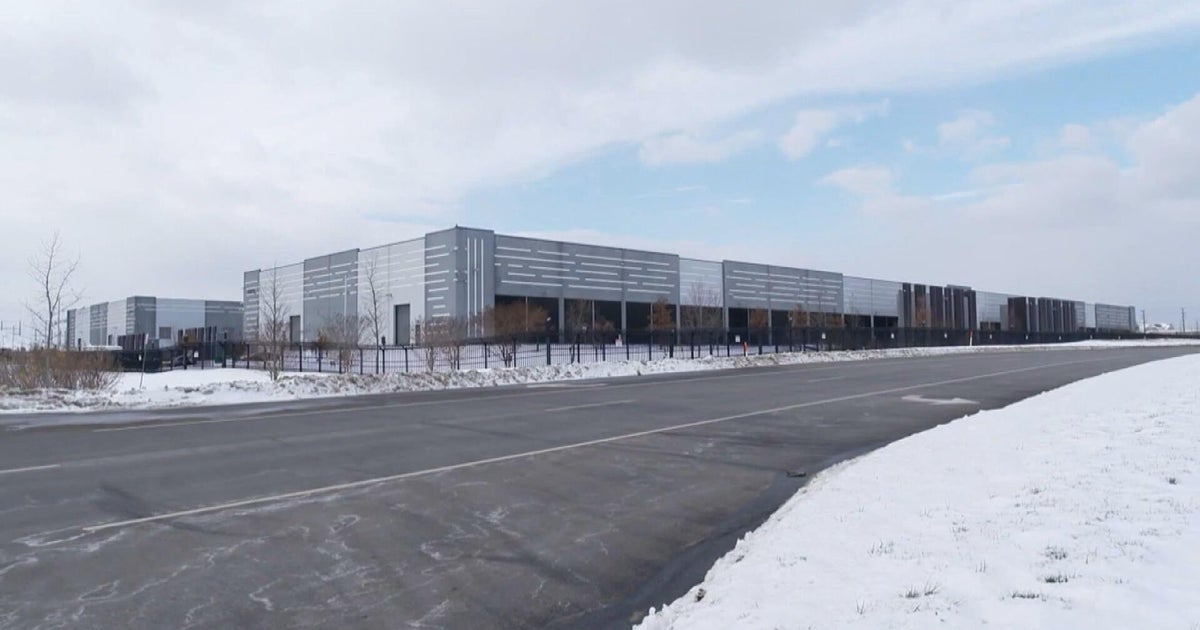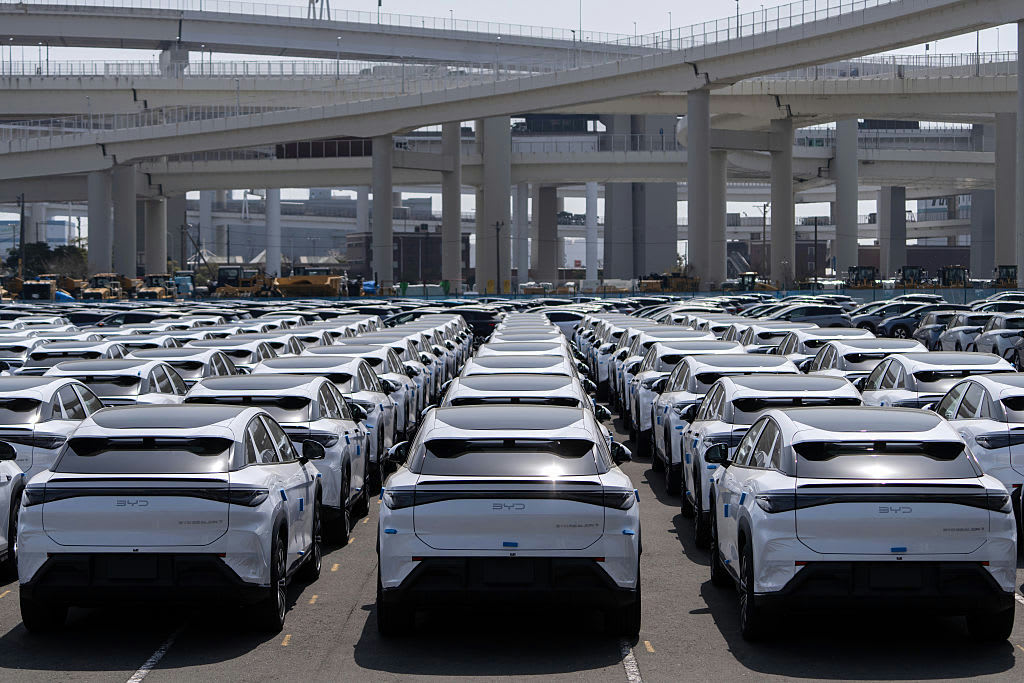Inside the supply chain crisis: How it took months to get electronics from China to the U.S.
Americans are being warned to finish their holiday shopping early this year, as the global supply chain continues to falter. With a shortage of containers, ships and power creating snags, CBS News decided to track a pair of high-performance speakers as they journeyed from the manufacturing metropolis of Guangzhou, China, to the U.S.
On a good day, workers at a Guangzhou factory build and box up 2,000 speakers — as long as the electricity is on. Philip Richardson, an American, runs the factory and says random power outages plaguing China are costing him time and money.
"If we're shut down for more than 15 minutes, then it creates a headache," Richardson said. A generator keeps the factory running, he said, but noted that "Electricity from a generator for our application costs me at least four times more per hour."
The electricity issues come as China tries to cut carbon emissions — but cuts in coal production have led to record prices. Utility companies are prohibited from raising their fees to match that rise, and since they can't make money, they stop generating electricity.
There's a different problem by the time Richardson's speakers leave the factory and head to a Chinese port: manpower. Dock workers spend three weeks in quarantine for every two weeks on the job.
"They can be exposed to the COVID virus coming in through the supply chain. So that's what China is worried about," said Ker Gibbs, the president of the American Chamber of Commerce in Shanghai.
After a two-week journey across the Pacific, most container ships end up anchored off the coast of Southern California, where they sit for even longer. When the ships finally unload, the containers are stacked as far as the eye can see, waiting several days for trucks and trains to carry them across the U.S.
Months have passed by the time Richardson's speakers arrive at Alto Music in Middletown, New York. The music store's owner, Jon Haber, says he's paying almost five times as much for shipping.
"Now, it costs like $25,000 and takes 90 days," he said. "It's unbelievable!"
Haber said he also has to ship capacitors, tiny electronic components that are critical for another one of his products, to China because of shortages overseas.
"I'm sending them to China so they can make my products," Haber said. "It's nuts."
He has had to raise some of his prices to avoid losing money and doesn't expect prices to come back down.
"I've been doing this 30-something years, I never saw a manufacturer raise the price, 'Oh we're sorry, we feel bad, we're going to bring them back down.' Once they go up, they're staying up," he said.





